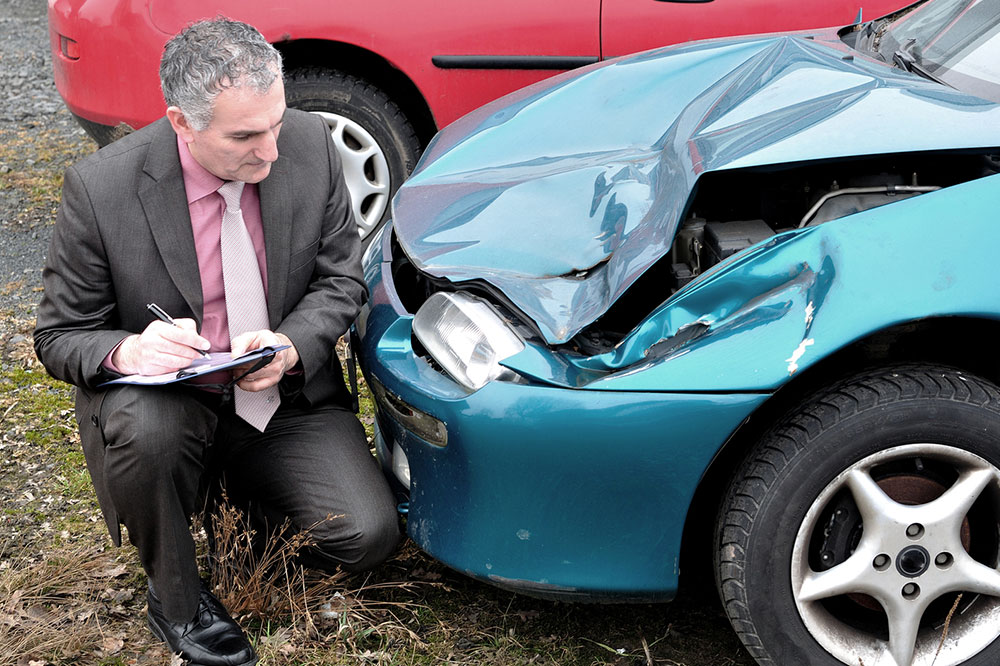Comprehensive Guide to Three Specialized Types of Driving Schools for Different Needs
Discover the three main types of specialized driving schools—protective, performance, and defensive—that cater to different driving needs. Whether for security, racing, or everyday safety, learn about their unique training programs, benefits, and suitability. This comprehensive guide helps aspiring drivers choose the right course to enhance their skills, boost confidence, and ensure safety on the road. Explore how these specialized schools prepare drivers for high-stakes situations, high-speed maneuvers, or accident prevention, empowering you with expert knowledge and practical skills for a safer driving experience.

Comprehensive Guide to Three Specialized Types of Driving Schools for Different Needs
In today's world, the ability to drive is not just a convenience but an essential skill that significantly impacts personal mobility, safety, and career development. While many individuals learn to operate a vehicle through standard driving courses, a growing number of specialized driving schools have emerged to cater to more specific needs and professional requirements. These schools offer advanced training tailored to unique driving scenarios, whether for safety, performance, or security purposes. Understanding the distinctions among these types of schools can help prospective drivers make informed decisions based on their goals and career paths. This article explores three prominent categories of specialized driving schools: Protective Driving Schools, Performance Driving Schools, and Defensive Driving Schools—highlighting their features, training focus, and the types of learners they serve best.
Protective Driving Schools
Protective driving training is designed for individuals whose roles involve risk mitigation, security, and passenger safety. This includes bodyguards, law enforcement officers, security personnel, bounty hunters, and personal security details. The curriculum emphasizes defensive tactics, evasive maneuvers, and high-risk driving techniques that are essential in hostile or dangerous situations.
Students in protective driving schools learn how to control a vehicle under extreme stress, perform quick evasive turns, and protect passengers during assaults or hijack attempts. The training often includes scenarios that simulate real threats, teaching drivers how to respond effectively to hostile environments, whether it involves sudden attacks, barricades, or other hazards. Emphasis is also placed on the strategic use of vehicle positioning, communication skills, and situational awareness to ensure safety in compromised environments.
Why consider this type of training? If your profession or personal safety requires defensive and evasive driving skills, enrolling in a protective driving school can be life-saving. However, potential applicants should be prepared for intense, high-pressure training sessions designed to challenge their reflexes and decision-making abilities. This course is not suitable for beginners or those lacking basic driving competence; it's tailored for experienced drivers seeking advanced safety skills.
Performance Driving Schools
Performance driving schools focus on elevating a driver's skills to handle vehicles at high speeds and through complex maneuvers. These schools attract car enthusiasts, racing drivers, stunt performers, and individuals interested in mastering vehicle control under challenging conditions. The training provided is highly specialized, aiming to enhance skills relevant to motorsports, stunt driving, or high-performance vehicle handling.
Participants learn how to execute precision turns, manage high speeds safely, and perform advanced techniques like drifting, controlled skids, and racing lines. The curriculum often includes techniques for improving traction, braking at limit points, and handling adverse weather conditions. Students may also engage in practice sessions on race tracks under professional supervision, allowing them to experience high-speed driving in a controlled and safe environment.
Some courses are targeted specifically at aspiring professional racers, offering tricks of the trade used in competitive motorsports. Others focus more on stunt driving for films and entertainment, teaching students how to perform controlled skids, jumps, and other daring feats. Regardless of the focus, these schools emphasize vehicle dynamics and driver confidence at the limits of performance.
If you're passionate about racing or want to push your driving skills to the next level, enrolling in a performance driving school can be an exhilarating and valuable experience. It requires prior driving competence and a passion for motorsports, as the training can be physically demanding and technically complex.
Defensive Driving Schools
Defensive driving is an approach centered on awareness, alertness, and proactive safety measures to prevent accidents. This type of training is suitable for everyday drivers who want to enhance their safety, reduce the risk of collisions, and improve their confidence on the road. Courses cover a wide range of topics, including how to react to distractions, unpredictable drivers, and adverse road conditions.
Students learn to identify potential hazards early, maintain safe following distances, and execute proper emergency maneuvers. Techniques such as smooth braking, effective steering, and strategic lane positioning are emphasized to minimize accident risks. Many defensive driving courses also incorporate the latest safety technologies, such as collision avoidance systems and adaptive cruise control, giving drivers a comprehensive understanding of modern vehicle safety features.
Furthermore, defensive driving courses often fulfill insurance discounts and legal requirements in many regions, making them both a safety investment and a legal safeguard. The skills gained can significantly reduce the likelihood of becoming involved in a traffic incident, especially in high-traffic or adverse weather conditions.
In summary, whether you're a new driver or have years of experience, defensive driving courses offer lifelong benefits. They contribute to safer roads, higher driver confidence, and potentially lower insurance premiums. Choosing the right course depends on your driving habits and safety goals, but all provide valuable skills for everyday road safety.
Overall, the landscape of specialized driving schools offers a wide array of options tailored to various needs—from security and high-performance racing to everyday safety. Prospective students should consider their personal or professional objectives, assess the curriculum, and select a program that aligns with their aspirations. Advanced training not only enhances driving skills but also fosters responsibility and awareness behind the wheel, ultimately making roads safer for everyone.





